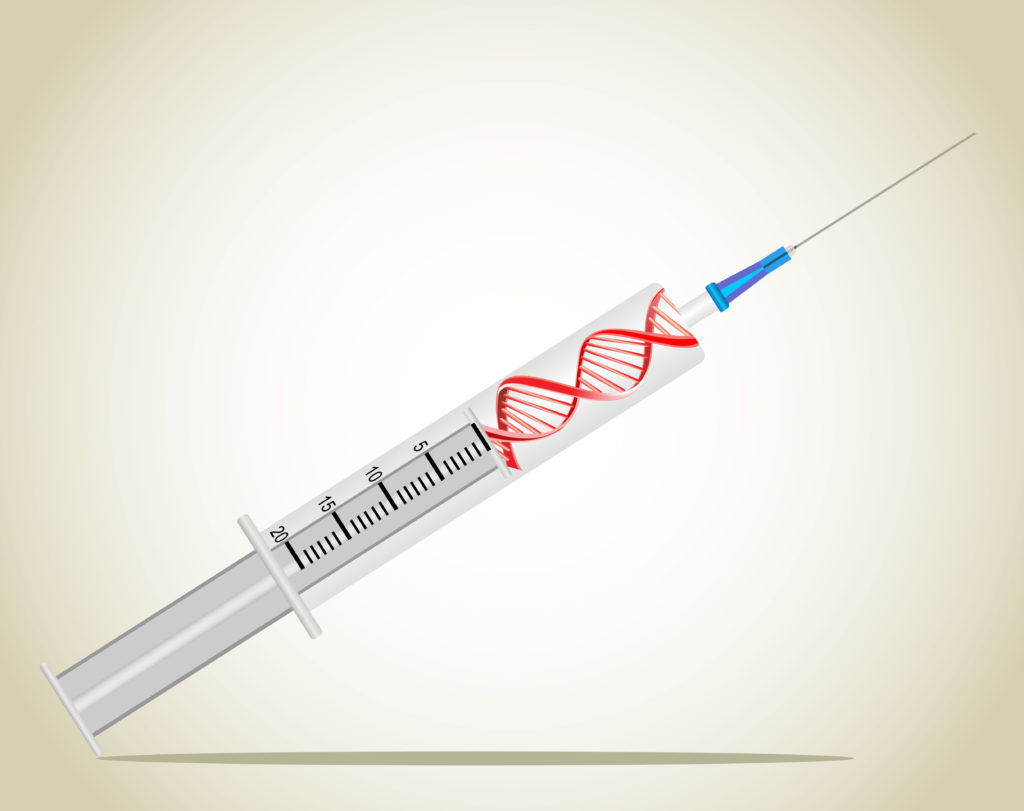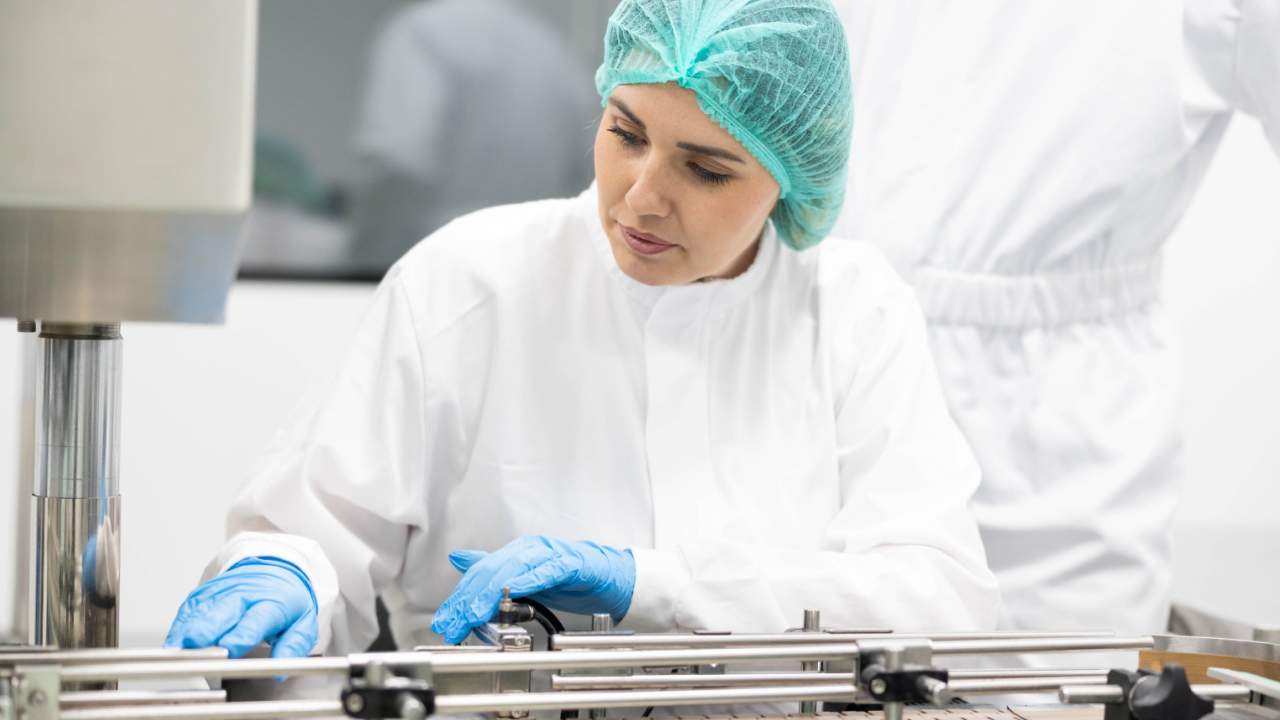The US Food and Drug Administration (FDA) has placed a clinical hold on BioMarin Pharmaceutical’s investigational gene therapy BMN 307 for the rare inherited disease phenylketonuria (PKU) over safety concerns found during preclinical testing.
The federal regulator suspended BioMarin’s currently ongoing Phase I/II studies of the gene therapy based on interim safety findings from a preclinical study which revealed that mice treated with the therapy at high doses developed tumors on their liver. The preclinical study was being conducted to assess the durability of the treatment. It was found that the gene being delivered through the therapy had integrated into the genomes of six of the seven mice that were administered the highest dose. The mice developed the tumors one year after being given BMN 307.
BMN 307 is an adeno-associated virus (AAV)-based gene therapy that delivers a functional copy of the PAH gene implicated in PKU using AAV as a vector.
PKU is an inborn error of metabolism that leads to accumulation of the amino acid phenylalanine due to mutations in the PAH gene that encodes the enzyme phenylalanine hydroxylase; the gene is required for breaking down phenylalanine. As a result, dietary levels of phenylalanine can build up to toxic levels.
The Phearless Phase I/II study is evaluating the investigational AAV5-PAH gene therapy in adults with PKU. BioMarin is monitoring the liver health of individuals in the study that were administered BMN 307.
The FDA hold on the Phase I/II clinical studies based on the preclinical findings has prompted BioMarin to cease enrollment at sites outside the US as it investigates the findings.
In a statement, BioMarin assures that to date, humans in the Phearless Phase I/II studies have only been dosed with lower doses of the therapy. However, given the “previously identified by historical rodent studies, the liver health of Phearless study participants is regularly monitored,” the company said. The biotech company says it will work with the data review board and principal investigators to work further on the long-term monitoring of the health of study participants. It will also communicate its next steps after consulting with the FDA on how to proceed with the study program.
“More than 3,000 patients have been treated with gene therapy, and there are no reports of cancers emerging as a consequence. Acknowledging the complexity of the issue as highlighted in this week’s FDA discussion, integrational mutagenesis and resultant cancer formation has been observed in mice using other AAV vectors,” said Hank Fuchs, MD, president, Worldwide Research and Development at BioMarin. “Therefore, we plan to investigate these findings. For patients who have already received lower doses of these vectors, we will continue to carefully evaluate and monitor their health. We are committed to understand and mitigate any risk of cancer causation.”
The cancer risk findings come shortly after an FDA advisory meeting that was held last week to discuss the risks of gene therapy. At the two-day meeting, one of the four sessions was about the specific cancer risk of vector integration in gene therapies.
Although a rare event that occurs at very low frequency, AAV vectors can integrate into genomes through homologous recombination. If integration occurs near regulatory elements of certain genes, this can lead to undesirable effects such as uncontrolled expression of the gene of interest, or the driving of the expression of genes such as proto-oncogenes or oncogenes involved in cancer.
Some applications require genomic integration, which requires cells to be co-transfected with enzymes that mediate integration. In gene therapies, these enzymes are not included and the transduced AAV vector genomes persist within cells as extrachromosomal DNA structures called episomes.
The FDA meeting focused on two gene therapies: Novartis’ Zolgensma for spinal muscular atrophy and Spark Therapeutics’ Luxturna for inherited retinal disease. Both involve an AAV to deliver a therapeutic gene to patients. These therapies were flagged by the federal regulator over safety concerns that included liver toxicity, kidney injury and neuronal loss.
Despite the concerns, the prospects of the clinical hold being resolved by BioMarin are not too bleak. This is largely because the clinical significance of the pre-clinical rodent findings has not been established and is only theoretical at this point. Case in point, cancers arising from AAV integration have not been reported in larger animals or humans.
Moreover, the current highest dose of BMN 307 tested in humans by BioMarin is much lower than that administered in the mice study. Prior to the current hold, BioMarin has said that the lower dose would likely be the one it pursues in further clinical testing.












Join or login to leave a comment
JOIN LOGIN